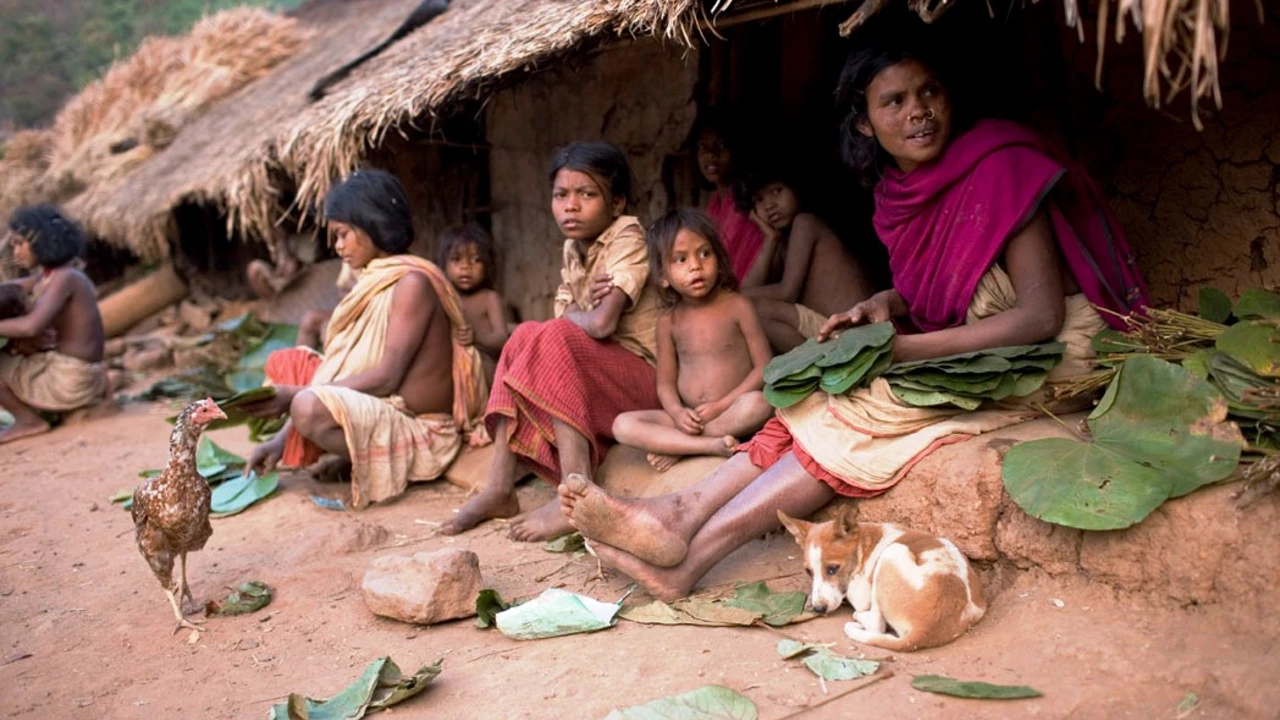Living in Mexico: A Practical Guide for Newcomers
Thinking about moving to Mexico? You’re not alone. More and more people are swapping their current zip codes for a place where warm weather, low prices, and vibrant culture meet. Let’s break down what you really need to know before you pack your bags.
Cost of Living – What Your Money Actually Buys
One of the biggest draws is the cheap cost of everyday life. Rent for a one‑bedroom apartment in a mid‑size city like Puebla or Mérida can be as low as $300‑$500 a month, while a similar place in Mexico City starts around $600. Groceries are also friendly to the wallet – a kilo of rice costs less than $1, and fresh fruit is everywhere. Even dining out is easy on the budget; you can get a tasty taco plate for under $5.
If you’re earning in dollars or euros, your purchasing power jumps significantly. But remember, imported goods and branded items still cost close to U.S. prices, so you’ll want to shop local for the biggest savings.
Safety and Everyday Life
Safety concerns pop up a lot, but the reality is nuanced. Tourist hotspots and big cities have areas that require the usual city‑smartness: keep valuables hidden, avoid walking alone at night in unfamiliar neighborhoods, and use reputable transport services. Smaller towns often feel safer because the community knows each other.
Mexico’s police presence varies by state, so it helps to learn the local emergency numbers and have a basic understanding of the area’s reputation. Many expats join local Facebook groups or forums to stay updated on any safety alerts.
Beyond safety, everyday life is relaxed. Siestas are still a thing in many places, and meals are social events. Expect dinner to start later than you might be used to – around 8‑9 pm – and be ready to enjoy long conversations over a plate of enchiladas.
Learning a bit of Spanish goes a long way. Even basic greetings show respect and open doors to friendships. There are countless language schools and exchange meet‑ups in most cities, often at very low cost.
When it comes to work, the job market favors bilingual candidates. Teaching English, tech support for multinational firms, and tourism‑related roles are common entry points. If you plan to start a business, know that setting up a corporation can be straightforward, but you’ll need a local partner or attorney to navigate the paperwork.
Healthcare is another plus. Public hospitals provide free or low‑cost services, but many expats opt for private clinics because of shorter wait times and English‑speaking staff. A basic private health insurance plan costs around $50‑$100 a month and covers most routine visits.
Transport is cheap and reliable in cities. Metro systems in Mexico City and Monterrey are extensive, while buses and colectivos (shared vans) cover most towns. If you love driving, road trips are a blast – the highways are in good shape, and you can explore everything from beaches to colonial towns on a budget.
Finally, remember that bureaucracy can be slow. Patience and good documentation—passport copies, proof of income, and rental contracts—will smooth out processes like getting a residency visa or opening a bank account.
Bottom line: living in Mexico offers affordable comfort, rich culture, and a welcoming community. Do your homework, stay aware, and you’ll find a lifestyle that’s both exciting and sustainable.
What is it like to be an Indian living in Mexico?
Living as an Indian in Mexico is a unique experience full of exciting cultural fusion. The Mexican warmth is quite similar to Indian hospitality, making one feel welcome and at home. However, the language barrier can be challenging, as Spanish is predominantly spoken. Indian cuisine is well-appreciated, yet finding authentic Indian ingredients can be tough. Lastly, despite minor cultural differences, the vibrant festivals and family-oriented cultures of both countries have similarities that forge a special bond for an Indian living in Mexico.
